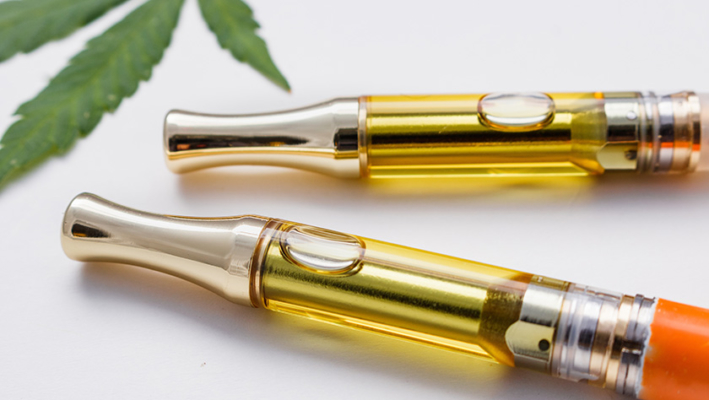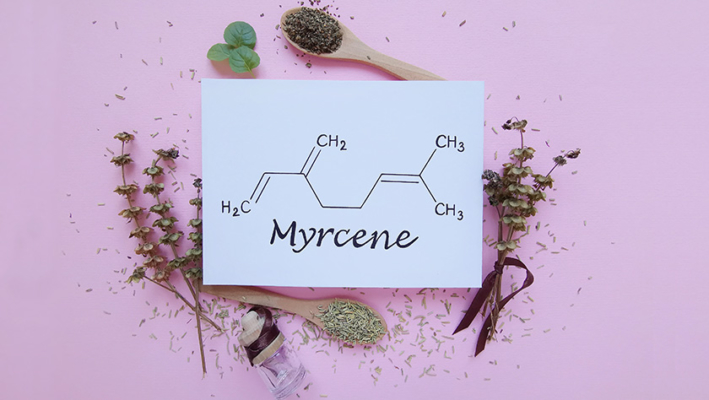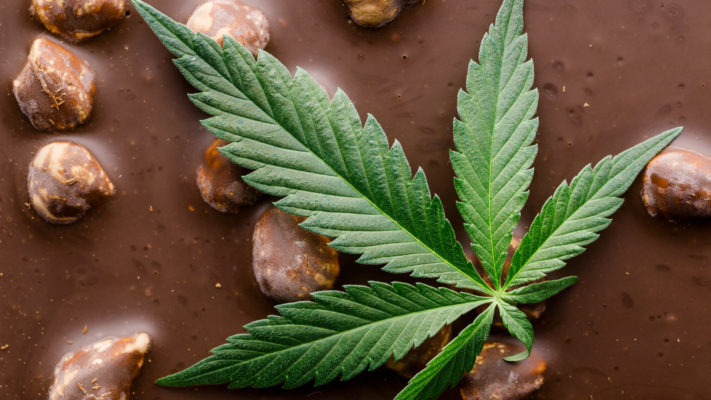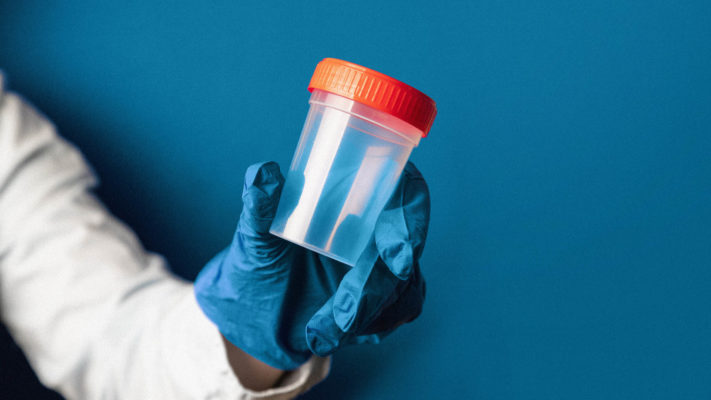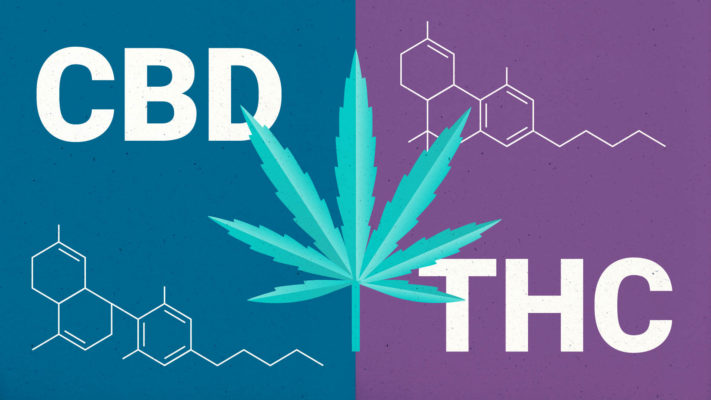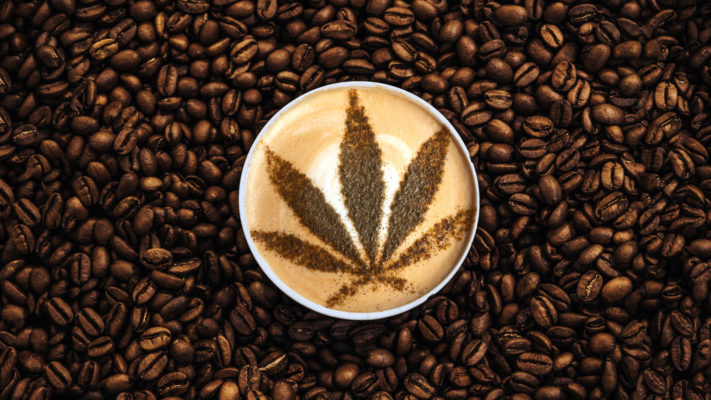Hemp Tips, Hemp Education
Answers to Your 5 Basic CBD Questions
When we talk to our partners and customers, there are a few questions that always pop up. Here are five basic CBD questions, answered.
Are Hemp Products Legal?
Yes, hemp products are federally legal. Under the 2018 Farm Bill, hemp was removed from the federal list of controlled substances. Because “hemp” refers to any part of the plant — “all derivatives, extracts, cannabinoids, isomers, acids, salts…” — hemp-derived products are federally legal to produce, buy and sell.
(However, only those products derived from Farm Bill compliant hemp are considered legal. Farm Bill compliant hemp must not contain more than 0.3% THC on a dry-weight basis and is subject to a wide variety of regulation and licensing.)

Is Hemp the Same as Marijuana?
No! In the eyes of the law, hemp is not marijuana. Keep in mind that both terms, “hemp” and “marijuana,” are legal terms, rather than scientific designations. So, when we say “hemp,” we mean to say “industrial hemp that is Farm Bill compliant.”
Using the two terms is a convenient way to designate which is “legal Cannabis sativa L” and which is “illegal Cannabis sativa L.”
“Industrial hemp” is the legal stuff. It is regulated through both federal and state governments and contains no more than 0.3% THC on a dry-weight basis.
“Marijuana” is the illegal stuff, at least the federal level. Marijuana is generally high in THC, with some strains of marijuana containing up to 40% THC. A “Cannabis sativa L.” plant can become “marijuana” either because it contains more than 0.3% THC on a dry weight basis or because it was not grown in accordance with the 2018 Farm Bill — or both.
These distinctions were codified with the passage of the 2018 Farm Bill, which clearly discriminates between “industrial hemp” and “marijuana.”
Will Naturally-Occurring Cannabinoids Like CBD Get Me High?
No, you won’t get high (not even a little bit!) from hemp-derived products containing naturally occurring cannabinoids like CBD.
What does “getting high” actually refer to? Well, it describes the psychoactive effects of THC, or delta9-tetrahydrocannabinol. Marijuana, the stuff a person smokes to get high, regularly tops 30% THC, or higher in some strains.
At Green Lotus Hemp, our products contain less than 0.1% THC.
Getting high? It’s just not going to happen.

How Do Hemp-Derived Cannabinoids Like CBD Work?
There are really two questions here: “What is the endocannabinoid system and what does it do?” and “How do plant-based cannabinoids like CBD work?”
What is the Endocannabinoid System and What Does it Do?
The endocannabinoid system (ECS) is a central regulatory system that is designed to maintain and restore homeostasis within the body. Homeostasis is the tendency of an organism or cell to regulate its internal condition regardless of any change in external conditions. Broadly speaking, homeostasis is balance inside the body. The ECS helps maintain that balance.
The ECS also facilitates intercellular communication between different cell types; which means that it helps different cells in the body talk to each other so that the cells do the job that they’re designed to do.
All mammals have an ECS. In fact, any animal with a backbone, known as vertebrates, have an ECS. Humans? Check. Kangaroos? Check. Eagles? Check.

Where is the Endocannabinoid System?
The ECS is widely expressed throughout the body: “…in the intestines, liver, bone[s], reproductive system, the skin and the immune system,” and “across the central and peripheral nervous system.” [1] [2]
The ECS works through two prominent receptors, CB1 and CB2.
CB1 – found mostly in the brain, especially in areas related to cognition, emotional responses, motivated behavior, movement and homeostasis. Currently, CB1 is considered to be the receptor with the most pharmacological potential. THC binds strongly to CB1.
CB2 – found in immune cells and the major tissues of immune cell production. CB2 receptors help regulate the immune system, among other functions.
The endocannabinoid system, and by extension, the body’s endogenous cannabinoids, “appear(s) to have a role in pain modulation, control of movement, feeding behavior, mood, bone growth, inflammation, neuroprotection, and memory.” [2] All of these functions and processes are the work of the ECS and its own endogenous (endo = internal) cannabinoids: anandamide (AEA) and 2-arachidonoylglycerol (2-AG).
That leads to the question, “Does the ECS need plant-based cannabinoids to function?” The answer? No, the ECS does not need plant-based cannabinoids to function. Think of all the people who have never ingested any amount of phytocannabinoids. They seem to be alright, right?
But, when we said, “the ECS doesn’t need plant-based cannabinoids to function,” we did not say, “to function optimally.” Everyone has an ECS, and some take full spectrum hemp oil supplements to ensure their ECS is functioning at its best.
So,what’s going on?
“How do plant-based cannabinoids like CBD work?”
In simple terms, plant-based cannabinoids work together with, or parallel to, our body’s endogenous cannabinoids. No matter the chemical process, the endogenous cannabinoids AEA and 2-AG are involved. It just so happens that plant-based cannabinoids “fiddle” with the regular function of the ECS.
Let’s get specific about the big two: THC and CBD.
THC binds strongly to CB1 receptors in the brain and brainstem, where it creates psychoactive effects, among others. This action is fairly well understood.
CBD, on the other hand, is not as well understood. CBD doesn’t bind well with the CB1 receptor, and its interactions with the CB2 receptor are often indirect. “The mechanisms by which CBD operates are still unknown,” is a common refrain of ECS researchers and pharmacologists.
Remember that “how it works” is different from “what it does.” It may be hard to describe how CBD works, but clinical studies nevertheless point towards a promising future for well-funded and accredited scientific research.

Can My Doctor Prescribe Cannabinoids Like CBD?
Yes, a doctor can prescribe certain cannabinoid-based medications, like the epilepsy drug Epidiolex. Though, for the majority of hemp-derived products, you won’t need a doctor’s signature. Full spectrum hemp oil is not a FDA-regulated pharmaceutical drug, and therefore do not require a prescription.
That does not mean you shouldn’t consult your doctor before using hemp-derived products. This is especially true if you’re on a lot of other medications, such as opioids and benzodiazepines (anti-anxiety drugs like Xanax or Valium).
(Keep in mind that the endocannabinoid system is fairly new to the world of medicine. It is possible that an otherwise highly-competent physician might be unfamiliar with the ECS. If you feel compelled to do so, find a local, licensed doctor who has experience with the ECS. You can even ask your primary-care physician to find one for you.)
Have any more questions? Concerns? Gripes? Leave a comment. We read them!
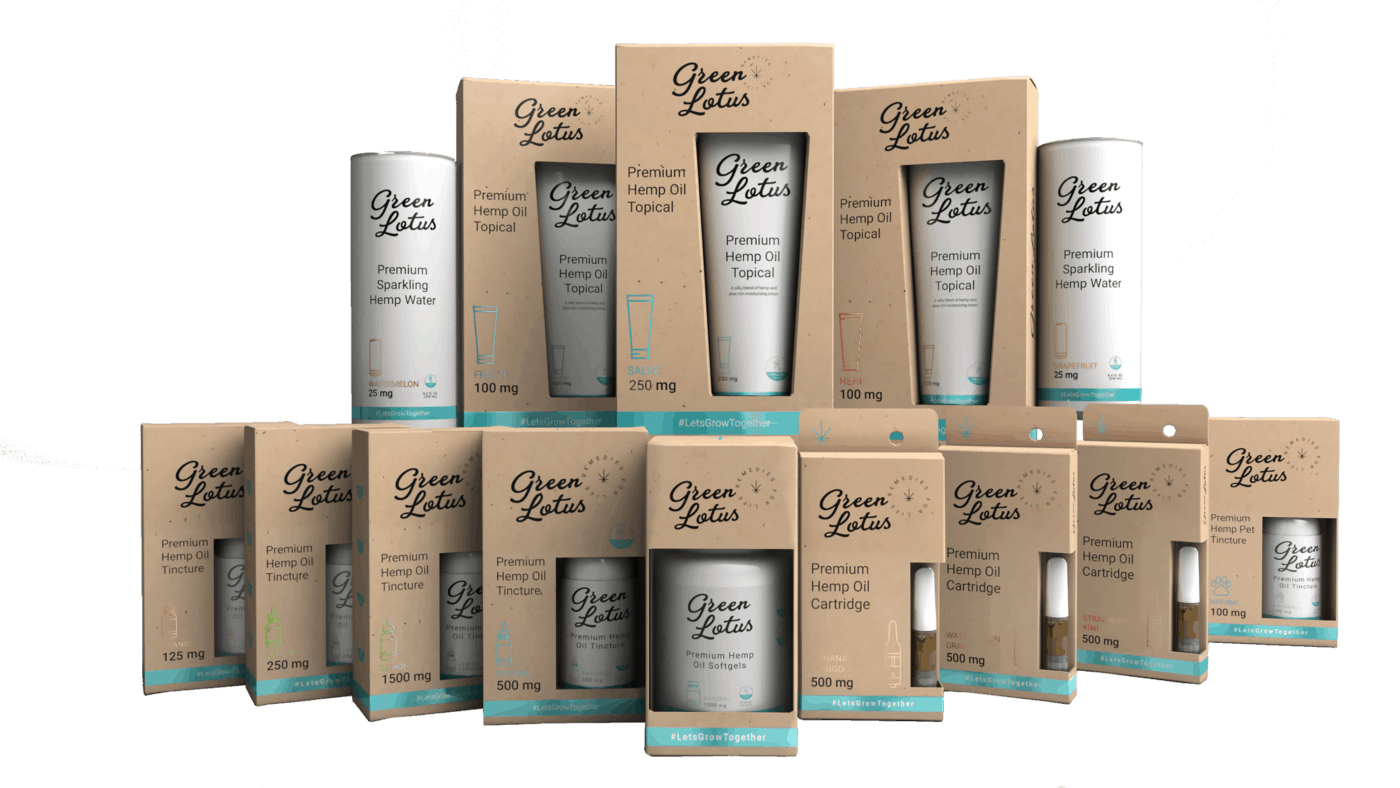
Interested in Trying Green Lotus Premium Hemp Oil Products? Discover the right hemp oil for you.







